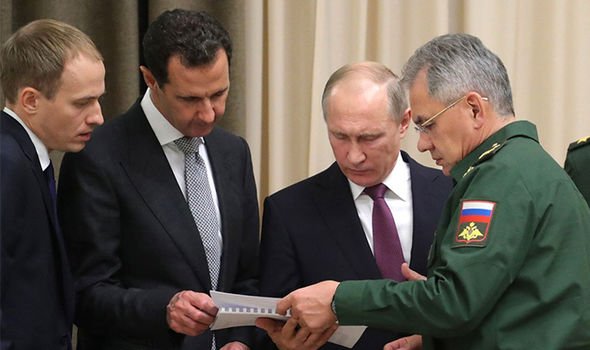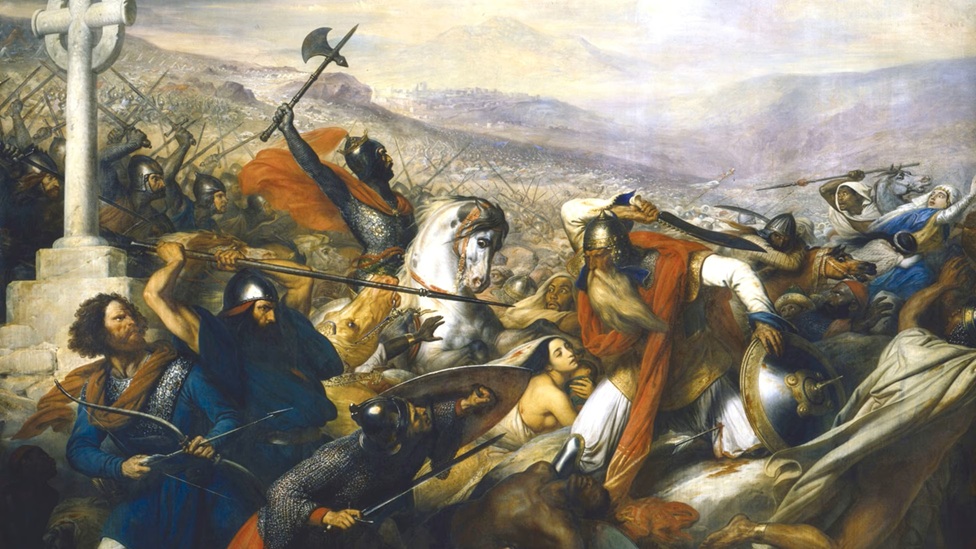
by Areej Zaher*
President Trump has announced recently his intention of withdrawing US troops, estimated at about 2000, from Syria. This put him under the mercy of criticism by his own administration.
This announcement came as he asserted the defeat of Islamic State. This led to a dispute among major allies, including senior Republicans and foreign powers, claiming that this irrational move could lead to a resurgence of ISIS, and calling it a big mistake.
The mission of US troops claimed to destroy jihadist groups in north-east Syria, although their numbers are quite intact posing a huge threat to the country as well as the whole region.
This call wasn't much of a surprise especially after Trump’s clear intention to pull American troops out of Syria which he expressed clearly on twitter, describing it as a "historic victory". Even though the White House didn’t give a timeline for this withdrawal, Trump wanted it to be done in thirty days, according to the New York Times.
A statement from the Foreign Office said that "much remains to be done and we must not lose sight of the threat they pose".
This decision will definitely be reflected on the whole region and the powers fighting over Syria, such as Russia, the US biggest enemy, which has a strong grip establishing military bases in both Latakia and Tartus governorates and representing itself as an ally for president Assad. Russia seemed to welcome this move, while Russian foreign ministry spokesman Maria Zakharova declared the withdrawal could lead to "genuine, real prospects for a political settlement in Syria". On the other hand, Israel saw that this move will have bad consequences, influencing all of Russia, Turkey, the Kurds and Israel. And for the Kurdish militias fighting in north-east Syria, they feel abandoned and betrayed by America, just as Turkey threatened to step up attacks against the Kurds. No wonder the Kurds feel disappointed especially to lose their main support in liberation and taking over north-east Syria.
There was a failure of efforts made by the political establishment and Congress to keep president Trump from foreign policy challenges, including Saudi Arabia and Syria. And he restored his power at the White House by eliminating US power abroad, according to Joe Macaron.
With all the opposition Trump had, not to mention running the office carrying a heavy political burden at home and abroad, there have been questions raised by supporters and opposition. Some speculate that by making this decision Trump was trying to avoid shedding a light on his legal problems, while some link this to his last call with Turkish President Recep Tayyip Eerdogan. Others asserts the making of a grand deal in Syria and abandoning the US Kurdish partner.
Joe Macaron added “Trump has been talking about withdrawal for a while now as he doesn't see any financial or strategic value in keeping US forces in Syria". Trump announced this clearly in a statement assuring that US troops will "be coming out of Syria, like, very soon".
The announcement as to whether to launch a war or make peace is typically a consentaneous decision made by the White House and the key agencies and the Congress. However, all the efforts made by the Pentagon and State department, in last April, the American President gave the military six months to defeat ISIS, believing the necessary time given to the military was enough to complete their duty. Earlier this month, the US-backed Kurdish-led Syrian Democratic Forces conquered the town of Hajin, the last ISIS-controlled urban area.
This decision was a clear evidence of isolating his national security team, which is affirmed by the arguments in favor of keeping US forces in Syria made by national Security Advisor John Bolton, who was trying to convince Trump to agree on an indefinite US role in Syria and establish what is called the "Arab NATO" but was confronted by Saudi Arabia refusal to fund a long-term US presence in Syria. And the Defense Secretary James Mattis, who has resigned seemingly over his differences with the commander-in-chief.
Macaron predicted that the withdrawal "might widen the distrust between the White House and the military, which might have repercussion in other war zones like Afghanistan, where the president also believes US withdrawal should be imminent."
We can't but notice the dramatic failure of US policy on Syria over the past seven years, and Trump might have become fed up with the continuous state of war. And apparently, the balancing act between Turkey and the Kurds didn't achieve long-term conditions for stability in northern Syria, according to Macaron.
All the talks held between Washington and Moscow have gone by the wind. Besides, it didn’t get any further in an UN-led political process, especially as Trump administration approved President Assad’s stay in office until the next Syrian presidential election in 2021.
This turning of events will most definitely throw the burden of the situation in north-east Syria on Russia and Turkey. However, removing these troops doesn't mean by necessary the US will step aside of Middle East conflicts; it is still able to launch air strikes from their military bases in the Arab neighboring countries. And for the Kurds, they must find another ally or simply accept the fact of being Syrian citizens and letting go on their dream of independence.
For Damascus, this move seems a relief, especially after news assuring taking over the city of Menbij by the Syrian Army. While Ankara has denied, calling it a "psychological war".
*Areej Zaher, a Syrian writer based in Lattakia.





